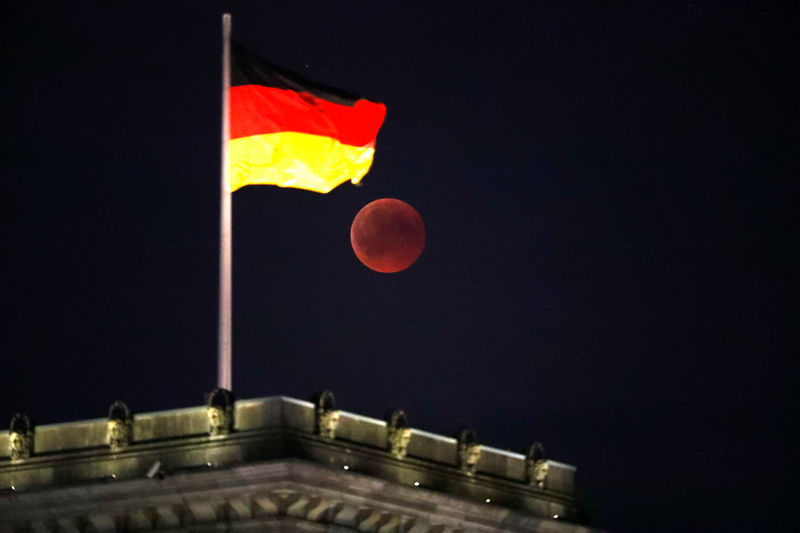By Geoffrey Smith
Investing.com -- German business confidence improved surprisingly strongly in December as the risk of gas rationing receded and supply chain bottlenecks continued to ease, according to a closely-watched business survey.
The research institute Ifo said its business climate index rose to 88.6 from an upwardly revised 86.4 in November, with both of the two sub-indices rising. The expectations index rose to 83.2 from a two-year low of 80.2, while the assessment of current conditions rose to 94.4 from 93.2, its first rise in seven months.
"German business is entering the holiday season with a sense of hope," the think-tank wrote in a release accompanying its report.
Ifo reported a "significant increase in confidence in "nearly all branches of industry" and a broad decline in uncertainty, a month after the German government agreed on a formula for gas pricing this winter that still implies a heavy level of subsidy for industrial users. The fly in the ointment was a further decline in order backlogs: Europe's manufacturing engine had had historically high levels of backlogs when Russia invaded Ukraine in February, something that has allowed the decline in actual output this year to be relatively gentle. However, a number of high-profile German companies are now burning through existing orders faster than they are winning new ones.
Ifo also said that its measure of confidence in the retail sector hit its highest level since June, with more companies seeing the current situation positively than negatively, while pessimism about their outlook also faded a little during the month. Only in construction did a clear majority of respondents say that things were getting worse rather than better.
Analysts remained wary about sounding the all-clear.
"The fact that the economy has avoided the worst does not automatically mean that the only way is up from here," said ING analyst Carsten Brzeski in a note to clients. "On the contrary, the downsides still outweigh the upsides: new orders have dropped since February and inventories have started to increase again, a combination that never bodes well for future industrial production."
Brzeski also warned that the next chapter of the pandemic in China is likely to bring fresh headwinds to an economy acutely dependent on well-functioning global supply chains and export markets. In addition, the government's energy subsidies mean that underlying prices are only feeding through slowly into final prices, meaning that the drag on Europe's largest economy is set to increase through next year.
